24, March 2020
China reports 78 coronavirus cases, sparking fears of 2nd wave 0
China has registered 78 new cases of coronavirus infection, most of them imported from abroad, sparking concerns about a second wave of infections in the country.
The Chinese National Health Commission said on Tuesday that of the 78 individuals, 74 had arrived from overseas, the highest since the beginning of March, when officials began reporting imported cases, and almost double the figure for Monday.
The commission said only one of the four local transmissions had taken place in Wuhan, where the new deadly virus first emerged late last year and afflicted the most people. The infection on Monday was the first new case in the city in nearly a week.
Also on Monday, seven more people died, all of them in Wuhan, the commission added.
China is believed to have brought the country’s coronavirus outbreak under control, but there is now growing anxiety about an influx of new infections coming in from nations grappling with the beginning of their own epidemics.
More than 381,000 people worldwide have been infected and over 16,500 have died of the viral disease, according to a running tally kept by Johns Hopkins University.
China has so far recorded over 81,000 infections, and 3,277 deaths.
Chinese state media warned of a second wave of infections on Tuesday.
“Inadequate quarantine measures” mean a second wave of infections is “highly likely, even inevitable,” the Global Times daily warned on its front page.
South Korea records 76 new cases
In South Korea, which has the second highest number of infections in Asia after China, 76 new coronavirus cases were reported on Tuesday, bringing the total number of infections in the country to 9,037.
The death toll from the coronavirus epidemic in South Korea also increased to 120 after the Korea Centers for Disease Control and Prevention (KCDC) reported that two more people had died of the disease.
Despite a declining trend, Health Ministry official Yoon Tae-ho said that authorities “cannot assess the occurrence of a pandemic or an explosion of cases through the number of confirmed patients for one day,” nor can they be optimistic about the outbreak coming to an end.
A peak of 909 new infections had been recorded in South Korea on February 29.
In Italy, ‘light at the end of the tunnel’
Meanwhile, Italy, which turned into the new epicenter of the pandemic last week, reported 601 new deaths and 4,789 new infections on Monday, marking a second successive drop in daily tallies.
The top medical officer for Milan’s devastated Lombardy region appeared on television smiling for the first time in many weeks.
“We cannot declare victory just yet,” Giulio Gallera said. “But there is light at the end of the tunnel.”
Italy’s National Health Institute (ISS) chief Silvio Brusaferro was more guarded.
“These are positive numbers but I do not have the courage to firmly state that there is a downward trend,” Brusaferro told reporters.
The Italian government has imposed a lockdown nationwide to contain the virus, which has killed more than 6,000 people in the country in a month.
In Spain, elderly people found dead, abandoned in retirement homes
Meanwhile, soldiers deployed to help fight the new coronavirus outbreak in Spain — Europe’s second hardest-hit country — found elderly patients abandoned and sometimes dead in retirement homes.
The military has been charged with helping disinfect retirement homes in Spain, where dozens of coronavirus deaths have been recorded.
“The army, during certain visits, found some old people completely abandoned, sometimes even dead in their beds,” Defense Minister Margarita Robles said in an interview with private television channel Telecinco.
The general prosecutor announced that an investigation had been launched into the matter.
Spain’s Health Ministry said on Monday that the death toll had reached 2,182, following the deaths of 462 people within 24 hours.
Amid the surge in fatalities, a spokeswoman for Madrid city hall told AFP that an ice rink at the Palacio de Hielo (Ice Palace) shopping center in the city had been turned into a temporary morgue.
Germany reports 4,764 new cases
Germany reported 4,764 new infections on Monday, bringing the tally in the country to 27,436.
The Robert Koch Institute for infectious diseases also said on Tuesday that the death toll from the outbreak had surged by 28 to 114 the day before.
Source: Presstv
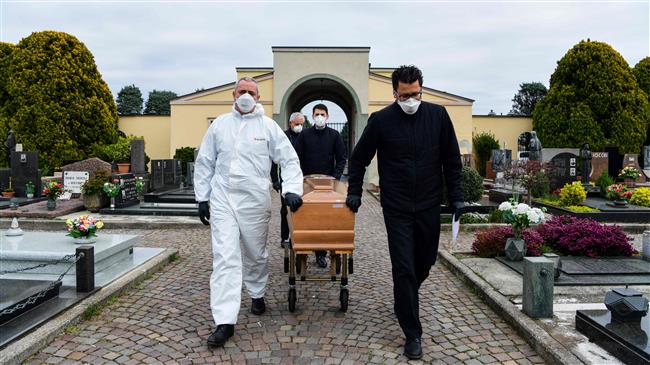
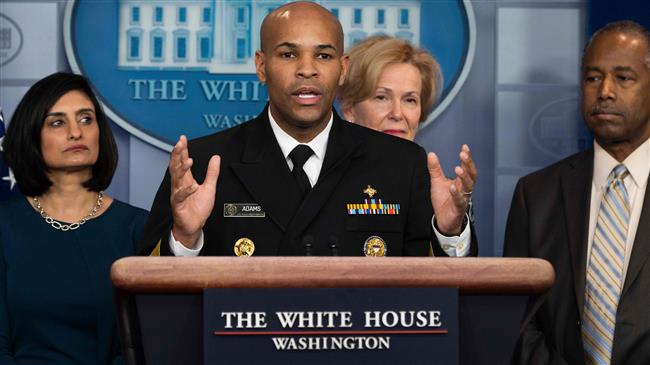

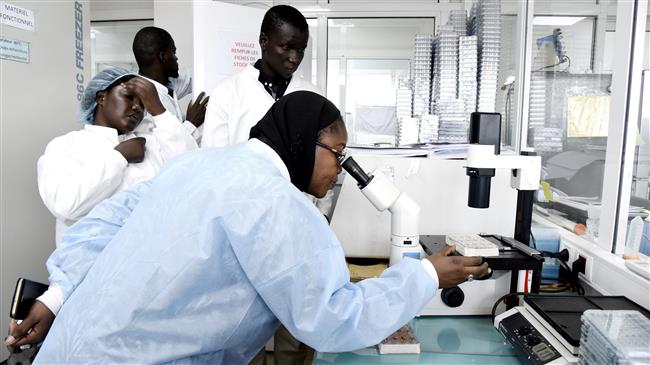
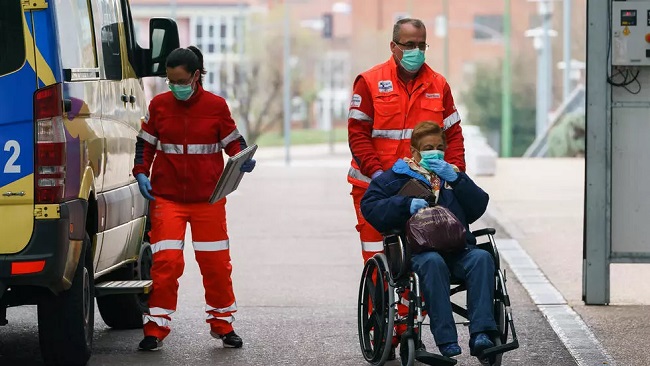

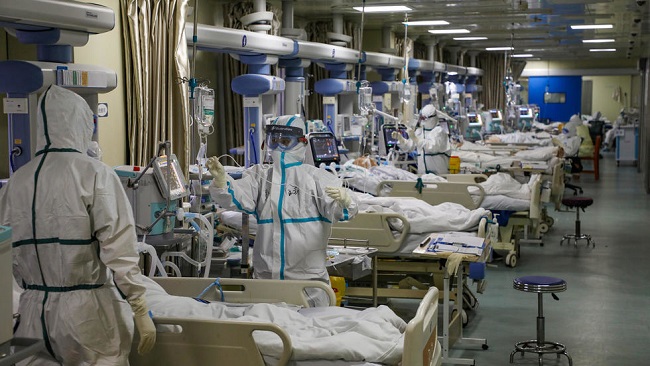
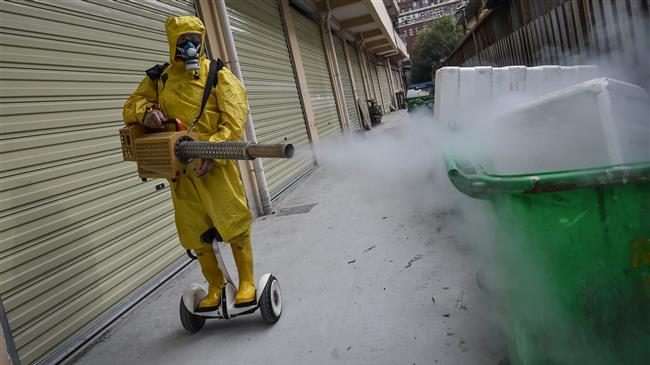



















25, March 2020
COVID-19 Spread Provokes Anti-Foreigner, Anti-Diaspora Sentiment in Cameroon 0
Officials in Cameroon are calling on citizens to stop attacks on foreigners and visitors from the diaspora who are being blamed for an increase in coronavirus cases. The attacks began after some passengers on an Air France flight that landed in Cameroon last week ignored a quarantine order.
Forty-three-year-old businessman Ferdinand Muffo Che says he has been victim of regular attacks and harassment since he returned to Yaounde from Milan, Italy through France on March 17.
He says residents of Ekounou, the neighborhood where he lives, accuse him of being a healthy carrier infecting people with COVID-19.
“I do not see why my own country where I was born will reject me because I have been out. The coronavirus is a problem that concerns the whole world,” he said.
Che is one of 198 passengers of an Air France flight that landed at the Douala International airport on March 17. The government ordered all of its passengers to be isolated in hotels for at least 15 days.
Instead, many of them escaped to their homes, provoking the anger of some Cameroonians.
On the streets of Yaounde, attacks and insults on people identified as foreigners, especially whites and Chinese, have increased sharply in the last week.
The U.S. Embassy in Yaounde has reported a rise in verbal and online harassments, stone throwing and banging of vehicles occupied by expatriates.
Spreading misinformation
Ebenezer Mukete, 29, says he is among those who joined the attacks.
He alleges that COVID-19 was created by either the U.S. or China for commercial purposes and unfortunately, developed into a health crisis. There is no scientific evidence to support his allegation.
“They create the so called pandemic, and they come and inflict{spread} in Africa,” he said. “When you listen to the French president, he says France is at war, American president comes out and says America is at war. Let them fight their war not in Africa. The minister of public health is telling us that the cases are from abroad. Whites coming to transmit it to Cameroonians, so let them go away. We do not have any other choice than to attack them.”
Cameroon health minister Manaouda Malachie has called on the population to stop the attacks.
He adds that everyone should respect measures put in place to stop the spread of COVID-19.
He says people who came in from Europe, China and America before Cameroon closed its borders should not be stigmatized, but that they as well as any other Cameroonian who has cold, severe respiratory syndrome, runny nose, cough, sore throat and tiredness, should contact the nearest hospital. He says those who are running from isolation should know that they may be putting the lives of their families and communities in danger and that they will be treated free of charge if tested positive.
Confirmed cases
Cameroon confirmed its first case of COVID-19 on February 6. On Monday, officials said the number of confirmed cases had increased to 40, with a majority of them imported. Seven are Cameroonians infected by their relatives who came from Europe.
In an effort to stop the spread of the virus, Cameroon last week closed all its borders and suspended issuance of visas into the country until further notice.
Source: VOA